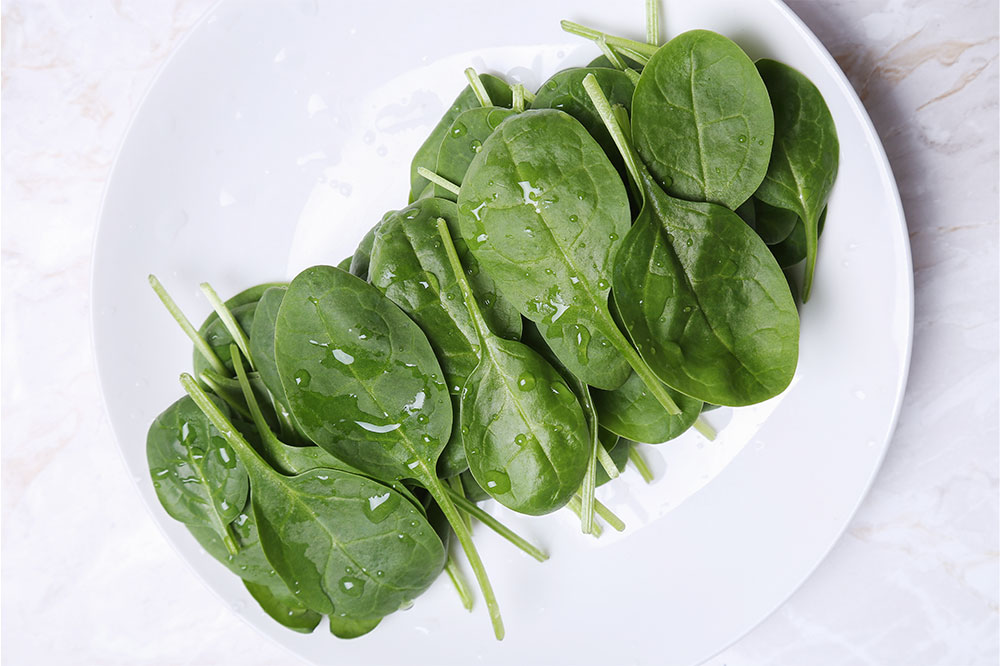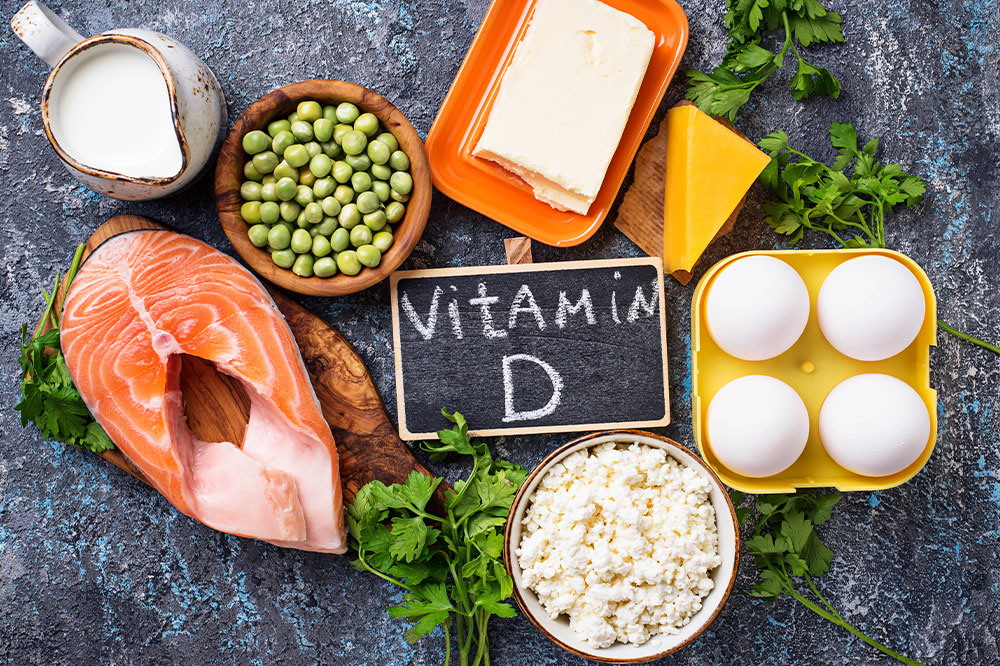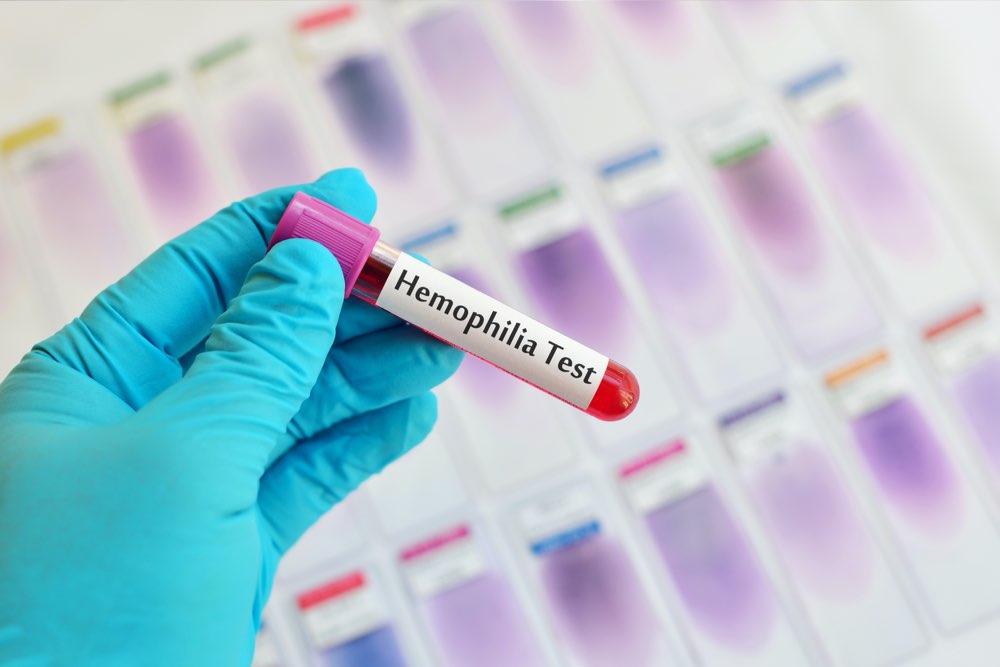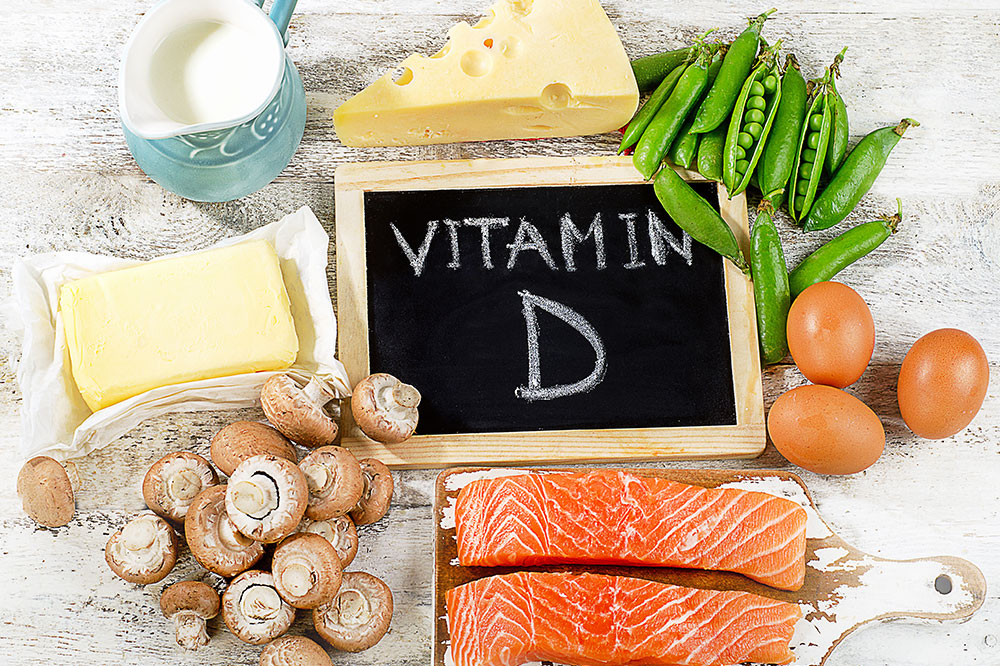Diet Tips for Managing Hemophilia Effectively
Learn about key dietary strategies to support individuals with hemophilia. This article covers essential foods like whole grains, calcium-rich options, leafy greens, and iron sources that can help manage symptoms, strengthen bones, and reduce complications. Alongside medical treatment, proper nutrition is vital in improving quality of life for those with hemophilia.
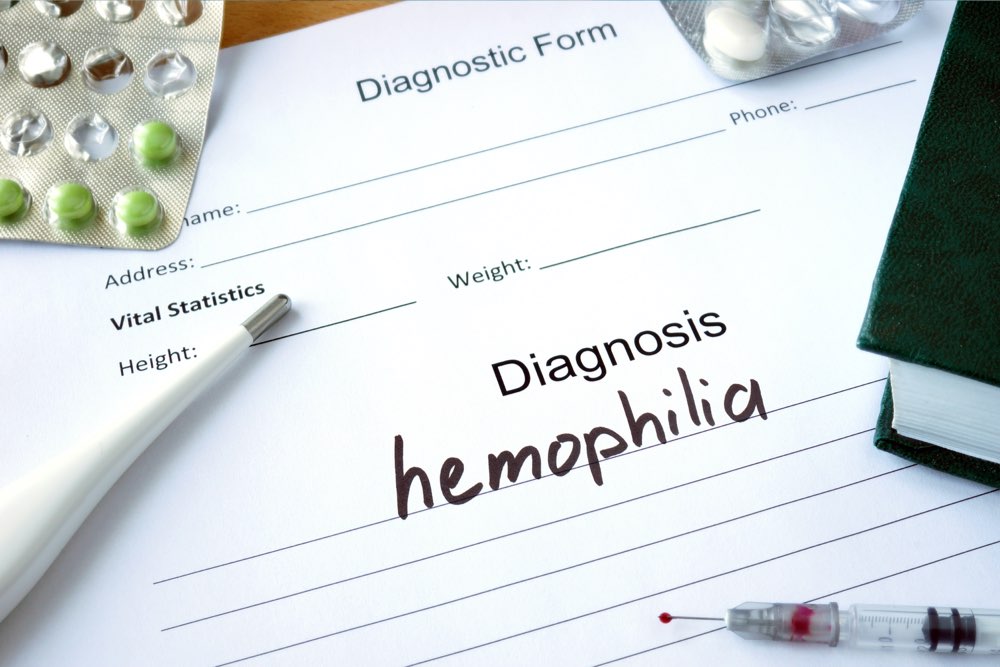
Diet Tips for Managing Hemophilia Effectively
Hemophilia is a hereditary condition predominantly identified during childhood. It impairs proper blood clotting, leading to excessive bleeding that can become dangerous. This disorder mainly results from deficiencies in specific clotting factors but can also develop due to immune system problems.
While treatments like physical therapy, medications to promote clotting, and immunizations are common, dietary choices also play a significant role in controlling symptoms and avoiding complications. Below are some beneficial foods for individuals with hemophilia:
Whole Grains
Foods such as oatmeal, brown rice, and barley are rich in fiber and nutrients that help regulate blood sugar levels. Including these grains can reduce the risk of cardiovascular issues like heart disease and stroke, which are common concerns for hemophilia patients. Additionally, whole grains help curb chronic inflammation that may contribute to internal bleeding.
Foods High in Calcium
Calcium is crucial for strong bones and teeth, aiding in the prevention of damage and blood loss. Dairy products, along with fish like sardines and pilchards, are excellent calcium sources. Adequate calcium intake also lessens the risk of related health problems, including internal bleeding and muscle injuries.
Dark Green Vegetables
Leafy greens such as kale, spinach, and collard greens are packed with minerals essential for managing hemophilia and strengthening bones. They also contain vitamin K, which supports blood clotting. Cabbage and beet greens are beneficial additions, contributing to overall health and blood health management.
Iron-Rich Foods
Iron plays a vital role in producing red blood cells and supporting muscle health. Consuming iron-rich foods like dark chocolate, white beans, and baked potatoes can help replenish iron lost due to bleeding episodes, promoting quicker recovery.


